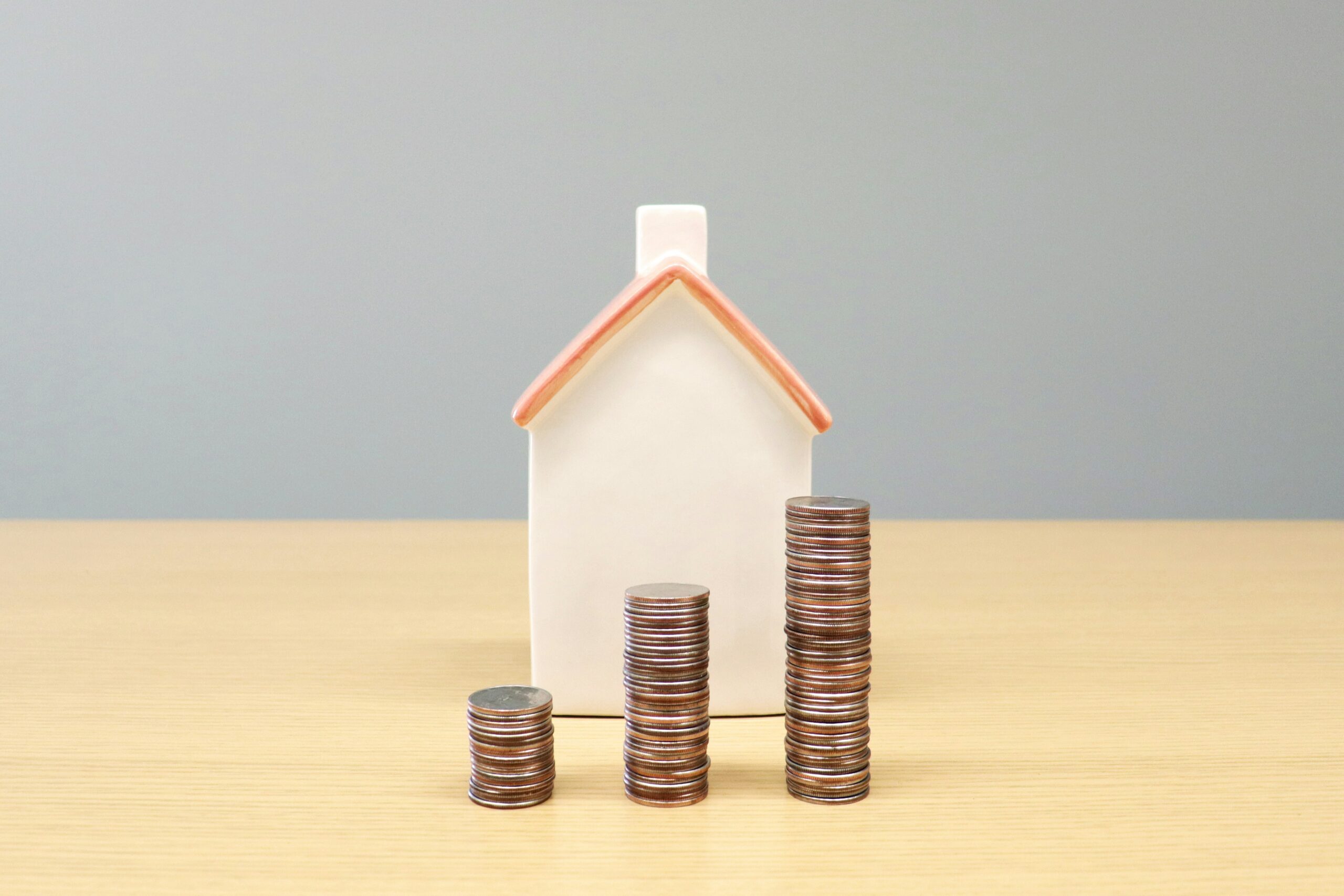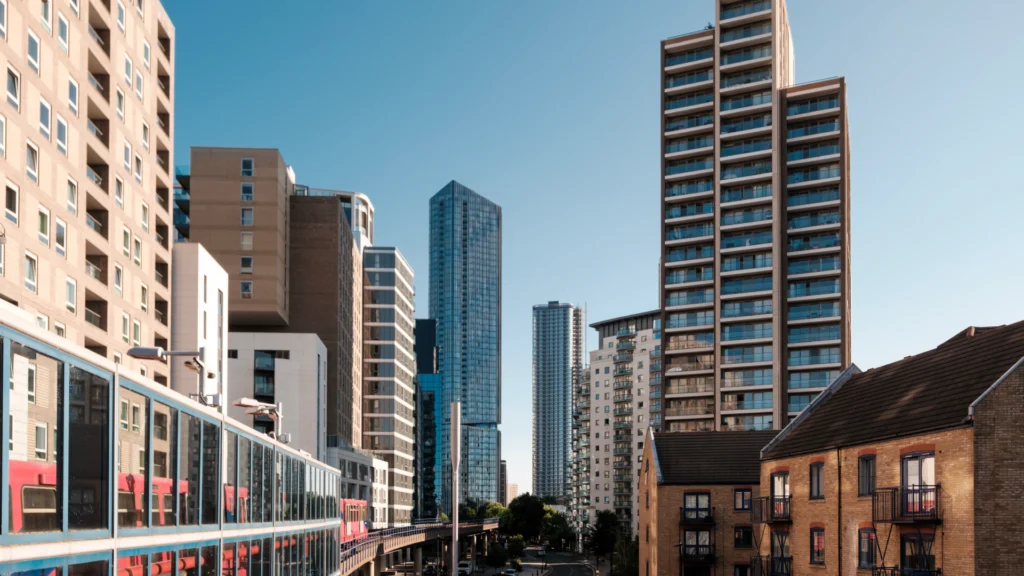
How Much Does It Cost to Sell My House?
Selling your house can be exciting, but it’s important to understand that there are multiple costs involved in the process. This might have you wondering, “How much does it cost to sell my house?” Whether you are moving to a larger home, downsizing, or relocating entirely, knowing the costs can help you plan your sale without any unpleasant surprises.
This blog delves into the typical costs associated with selling a home in the UK in 2025, as well as tips on how to reduce them wherever possible.
1. Estate agent fees
Typical cost: 1%–3.5% of the sale price (plus VAT)
The costs associated with estate agents are for marketing and selling your property. High street estate agents also usually charge a commission, which is a percentage of the final sales price. Online estate agents, on the other hand, may charge fixed fees ranging from £300 to £1,500 but provide limited in-person support.
For example, if you sell a home for £275,000 through a traditional agent who charges 1.5% + VAT, you will pay around £4,950 in fees. These fees vary by region, and in some areas, such as Sunderland and Swansea, they may be lower than the national average due to lower property prices.
Money-saving tip: Compare estate agents online or request quotes directly from local and online agencies. You can also negotiate their percentage, especially if you are selling a high-end property.
2. Conveyancing (solicitor) fees
Typical cost: £500–£1,800 + VAT
Conveyancing is the legal process of transferring ownership of your property to the buyer. You will need a solicitor or licensed conveyancer to handle the paperwork, conduct local searches, communicate with the buyer’s solicitor, and ensure a legal exchange of contracts.
Leasehold properties typically have higher fees due to the added complexity of service charges and ground rent documentation.
Money-saving tip: Always get at least three quotes and check online reviews before appointing a solicitor. Some offer a ‘no sale, no fee’ option, which could save you money if your sale falls through.
3. EPC (Energy Performance Certificate)
Typical cost: £60–£120
Every home sold in the UK must have a valid Energy Performance Certificate (EPC). It rates your property’s energy efficiency on a scale of A (most efficient) to G (least efficient) and is valid for 10 years.
If your home has received an EPC within the last decade, you might not need to pay for another one. You can check this for free on the government’s EPC register.
Money-saving tip: Shop around online; some EPC providers can get you a certificate quickly for less than £70.
4. Removal costs
Typical cost: £300–£1,500+
Removal costs are determined by the amount of furniture you have, the distance you are moving, and whether you choose a full packing service.
If you are moving locally and have few belongings, hiring a man-with-a-van service can save you hundreds. If you are moving a family across the country, a full-service removals company is probably the best option.
Whilst costs can vary, the average full-service removal cost is £1,200 for a three-bedroom house moving 50 miles.
5. Mortgage exit fees and early repayment charges
Typical cost: £50-£300 (exit fee), plus 1%-5% of mortgage balance (if early repayment is applicable)
If you still have a mortgage on your property, your lender may charge an early repayment fee, especially if you are on a fixed-rate loan. This is commonly calculated as a percentage of the outstanding mortgage.
Some lenders also charge a small admin fee for closing your account, which is commonly referred to as a deeds release or mortgage exit fee.
Money-saving tip: Try to time your sale to coincide with the end of your mortgage term.
6. Home repairs, decorating and staging
Typical cost: £200–£2,000+
You do not necessarily need to do a complete renovation, but first impressions count. A few hundred pounds spent on minor repairs, a fresh coat of paint, and landscaping can add significant value.
In more competitive markets, sellers frequently hire professional stagers to optimise furniture layout and lighting so that properties appear more appealing in photos and viewings. Well-presented homes sell up to three times faster and often for higher prices.
Money-saving tip: Concentrate on low-cost, high-impact improvements such as repainting, crack repair, decluttering, and thorough cleaning.
7. Capital Gains Tax (if applicable)
This applies if the property is not your primary residence.
If you are selling a second home, a buy-to-let, or an inherited property, you may be subject to Capital Gains Tax. In 2025, the CGT allowance is £3,000, and profits in excess of this amount are subject to tax.
You’ll pay:
- 18% on gains within the basic rate tax band
- 24% on gains within the higher rate band (according to the updated 2024-2025 HMRC guidance)
Money-saving tip: You can lower your CGT bill by deducting allowable expenses such as estate agent fees, solicitor fees, and improvement work (not maintenance).
8. Additional costs to consider
- Leasehold fees: If you are selling a leasehold flat, your solicitor may need to obtain a management pack from the freeholder, which can cost between £200 and £600.
- Cleaning fees: Some sellers pay for professional cleaning before handing over the keys, which can cost between £100 and £250.
- Homebuyer incentives: In slow markets, sellers may offer to pay a portion of the buyer’s fees to close the transaction.
Total estimated cost of selling a £275,000 home
| Cost Type | Estimated Cost |
| Estate Agent Fees (1.5%) | £4,950 |
| Conveyancing | £1,200 |
| EPC | £85 |
| Mortgage Fees | £2,500 (approx.) |
| Removals | £1,000 |
| Repairs/Staging | £1,000 |
| Leasehold Pack (if needed) | £400 |
| Estimated Total | £11,135 |
How much will it cost to sell my house? Key takeaways:
- The average cost to sell your house in the UK in 2025 is between £6,000 and £15,000, depending on the property’s value and location.
- The most significant expenses are the estate agent’s and solicitor’s fees.
- Compare quotes and understand your mortgage terms to avoid penalties.
- Presentation is important; small improvements can lead to faster, higher-value offers.
- Check to see if capital gains tax applies when selling a second home.
Is there a cheaper way?
If you want to avoid many of these costs, consider selling to a cash house-buying company like Sell House Fast.
We buy your home for cash, and our service is specially designed to take the stress out of selling. We offer a guaranteed sale and a straightforward process that eliminates the common headaches that happen when you sell your home in the traditional way. With our personalised approach and commitment to transparency, you can trust us to handle your property sale with the utmost professionalism and care. Get your free cash offer today.


